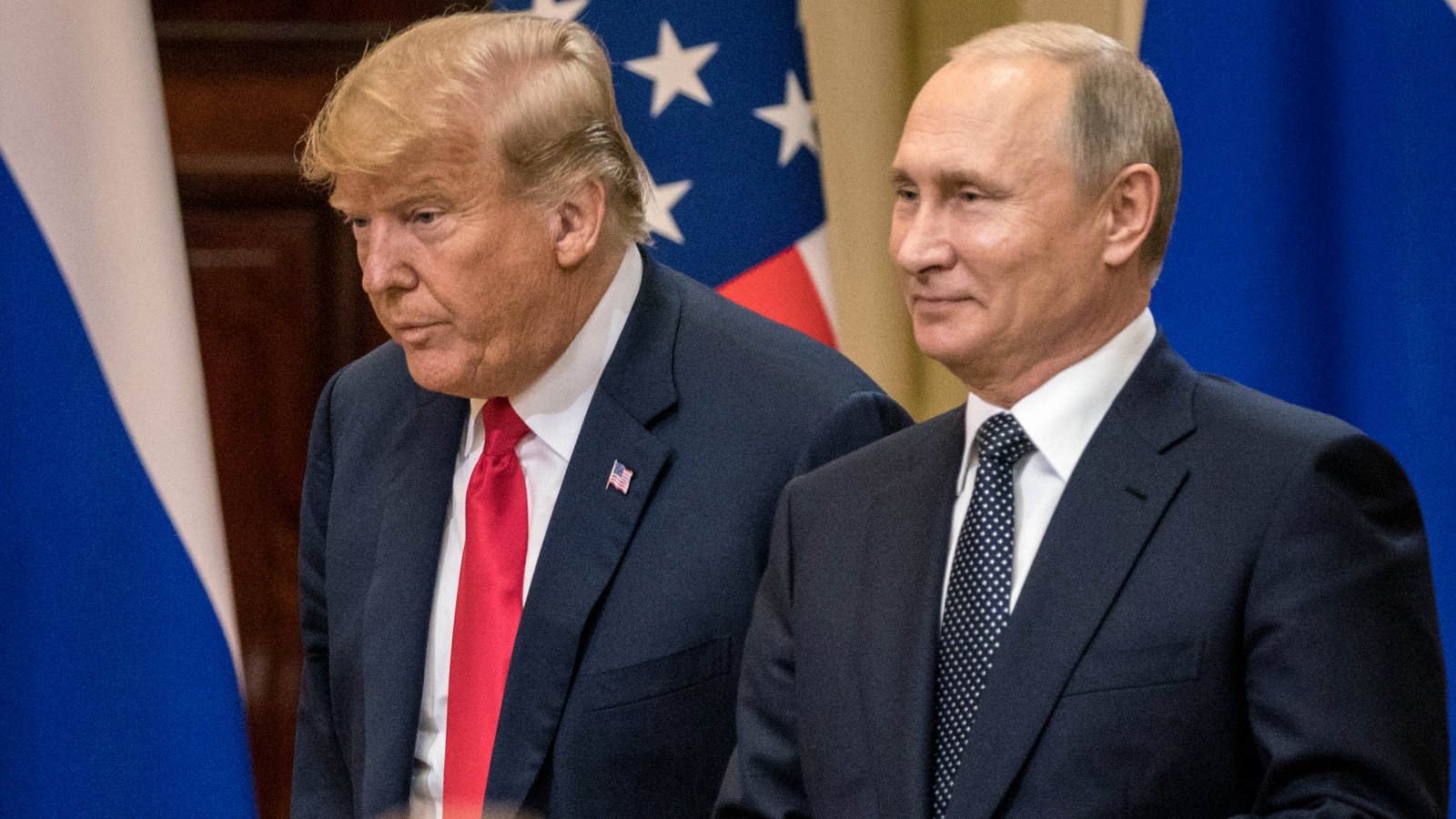
New York Times Op-Ed columnist and associate editorial page editor David Leonhardt has written a column called The Urgent Question of Trump and Money Laundering in which he focuses on the issue most well-versed Trump-Russia watchers would say is likely at the heart of the president's allegiance to Putin: illegal financial entanglements.
An excerpt:
It just so happens that most of the once-obscure bureaucrats whom Trump has tried to discredit also are experts in some combination of Russia, organized crime and money laundering.
It’s true of Andrew McCabe (the former deputy F.B.I. director whose firing Trump successfully lobbied for), Andrew Weissmann (the only official working for Robert Mueller whom Trump singles out publicly) and others. They are all Trump bogeymen — and all among “the Kremlin’s biggest adversaries in the U.S. government,” as Natasha Bertrand wrote in The Atlantic. Trump, she explained, seems to be trying to rid the government of experts in Russian organized crime.
I realize that this evidence is only circumstantial and well short of proof. But it’s one of many suspicious patterns about Trump and Russia. When you look at them together, it’s hard to come away thinking that the most likely explanation is coincidence.
Consider: The financially rickety Trump Organization, shunned by most mainstream banks, long relied on less scrupulous Russian investors. “Russians make up a pretty disproportionate cross-section of a lot of our assets,” Donald Trump Jr. said a decade ago. “We have all the funding we need out of Russia,” Eric Trump reportedly said in 2013. And what was the rare major bank to work with Trump? Deutsche Bank, which has a history of illegal Russian money laundering.
Trump also had a habit of selling real estate to Russians in all-cash deals. Money launderers like such deals, because they can turn illegally earned cash into a legitimate asset, usually at an inflated price that rewards the seller for the risk. One especially dubious deal was Trump’s $95 million sale of a Palm Beach house to a Russian magnate in 2008 — during the housing bust, only four years after Trump had bought the house for $41 million.
Read the full piece: The Urgent Question of Trump and Money Laundering (NYT Opinion)